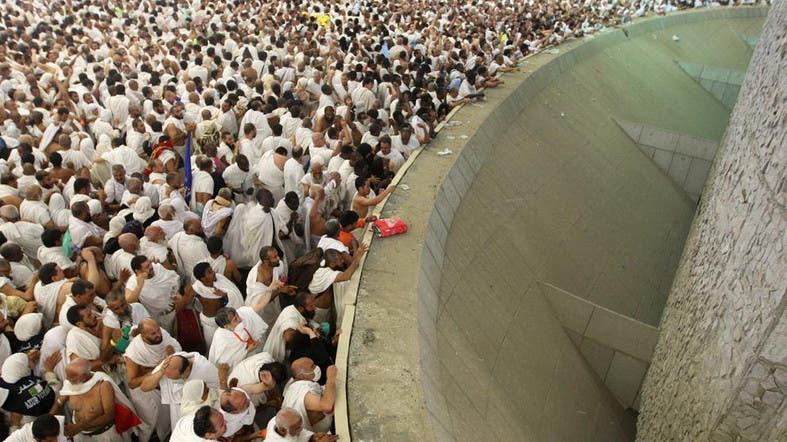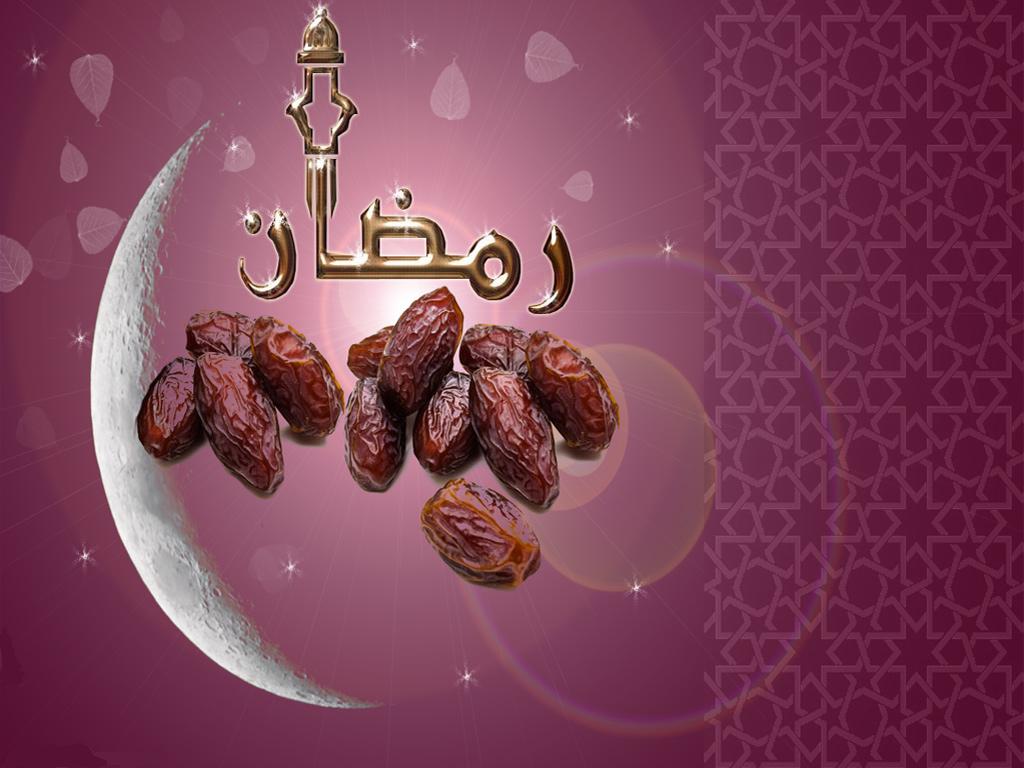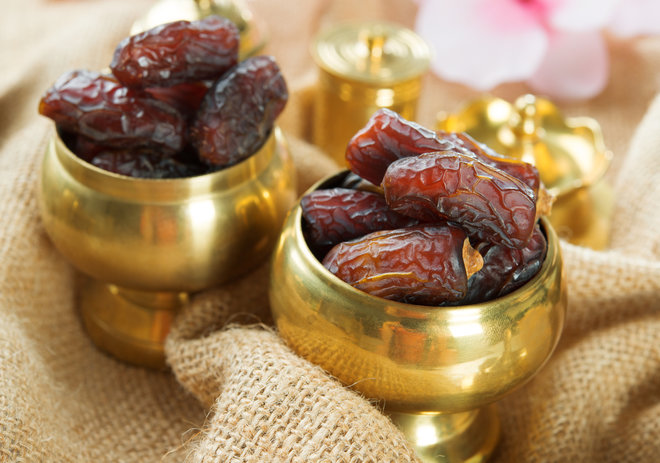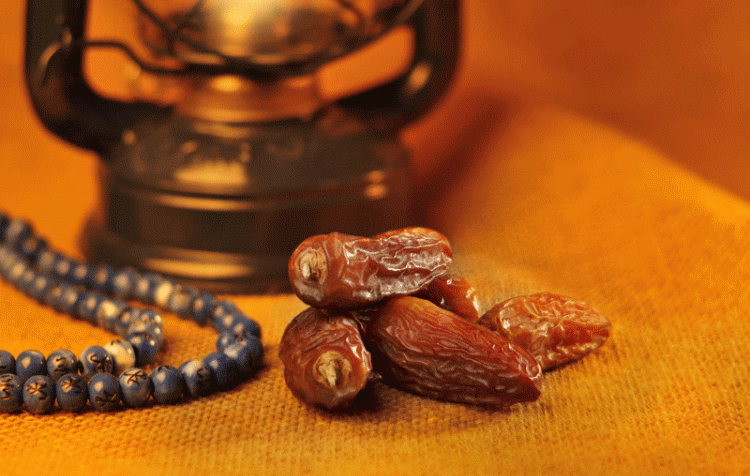Importance Month Of Zul Hajj (ZulHajj) First Ten Days of Zil Hajj: Days of Virtue And Righteous Deeds
Hajj is performed in this month
The first ten days of Zil Hajj are extremely sacred and good deeds are most beloved to Allah in these ten days
The Prophet Mohammed ( صلى الله عليه و سلم) said , “No good deeds done on other days are superior to those done on these (first ten days of Dhul Hajja).” Then some companions of the Prophet said, “Not even Jihad?” He replied, “Not even Jihad”, except that of a man who does it by putting himself and his property in danger (for Allah’s sake) and does not return with any of those things.”(Bukhari 15: 86)
9th ZulHajj is a very sacred day. When asked about the fast of 9th
Zul Hajj (Yaum e Arafah) Rasool Allah ( صلى الله عليه و سلم) said: “It expiates the sins of the preceding year and the coming year” (Muslim 6: 2603)
The second Muslim festival Eid ul Adha falls on the 10th of ZulHajj
An animal sacrifice in memory of the sacrifice of Prophet Ibrahim (as) is offered on 10th ZulHajjah.
Importance of Sacrifice:
Sacrifice has not been made obligatory by Allah Tala, however it has the status of being Obligatory Sunnah ( Sunnat e Wjiba). Through this act, pleasure of Allah is obtained and also results in atonement of sins!
Sacrifice has been commanded to the people in all the revealed laws (Shariat) since the time of Prophet Adam (as) to Prophet Muhammad ( صلى الله عليه و سلم)

Allah Tala mentioned this sunnah in beautiful words in Surah Safaat: And he (Ibrhaim as) said (after his rescue from the fire): “Verily, I am going to my Lord. He will guide me!” “My Lord! Grant me (offspring) from the righteous.” So We gave him the glad tidings of a forbearing boy. And, when he (his son) was old enough to walk with him, he said: “O my son! I have seen in a dream that I am slaughtering you (offer you in sacrifice to Allâh), so look what you think!” He said: “O my father! Do that which you are commanded, Inshâ’ Allâh (if Allâh will), you shall find me amongst the patient ones.
Then, when they had both submitted themselves (to the Will of Allâh), and he had laid him prostrate on his forehead; And We called out to him: “O Abraham! You have fulfilled the dream” Verily! Thus do We reward the Muhsinûn (good-doers). Verily, that indeed was a manifest trial and We ransomed him with a great sacrifice and We left for him (a goodly remembrance) among generations (to come) in later times. Salâmun (peace) be upon Ibrâhim!”
After seeing the dream, Ibrahim (as) transcended all logic and sacrificed his most beloved possession, his own son, for the sake of Allah.
- Wisdom of Sacrifice
- Sacrifice is the symbol of full obedience and total submission to Allah
Ibrahim’s (as) obedience, loyalty and sacrifice greatly earned the pleasure of Allah Subhana Watala and he was declared as a Muhsin and Khalil Allah (Friend of Allah) and his name and his sacrifice is remembered till this day. Five times a day, Muslims send their blessings on Ibrahim (A.s) along with Muhammad ( صلى الله عليه و سلم)
- Allah Tala expects the same obedience and sacrifice from His slaves. In front of the command of Allah, there should be no excuses.
In remembrance of this sacrifice of Ibrahim (as), Muslims all over the world make a commitment that Oh Lord of the Worlds; We are your obedient slaves. Everything we possess belongs to you. If you command us, we will sacrifice our lives for the sake of Islam.
Thus sunnat of Sacrifice offered every year is actually the expression of a salve’s love for his Creator. The word Qurbani is derived from the word “Qurb”- nearness. Sacrifice is thus a form of worship through which love and nearness of Allah can be attained.
Allah Tala says in Surah Anam 162:
“Say (O Prophet Muhammad ( صلى الله عليه و سلم)) Indeed my prayer, my sacrifice, my life and my death are all for the sake of Allah”
While sacrificing, if this state and if these feelings of love and total obedience to Allah are not there, then merely shedding the blood of animals and distributing meat are all activities without any spirit.
Allah Tala does not need blood of animals nor meat from animals. All that He requires from His slaves is the Taqwa, obedience and the feelings of self sacrifice for their Lord.
Allah Tala says in Surah Hajj:
“It is neither their meat nor their blood that reaches Allâh, but it is piety from you that reaches Him”
Thus the real spirit of sacrifice is that a man should leave his bad habits, stop following his wishes and desires and stop following traditions. Man should leave and sacrifice all those things in this world which stop him from attaining nearness to Allah.
What to do in the first ten days of ZulHajjah?
Recite the masnoon dua when sighting the moon of ZulHajjah.
Recite the Takbiraat as much as possible from the 1st ZulHajjah to the 13th of ZulHajjah.
After sighting the moon of ZulHajjah, do not cut or trim your hair and nails until you have offered the sacrifice. As Rasool Allah ( صلى الله عليه و سلم) has ordered:
“When any one of you intending to sacrifice the animal enters in the month (of Dhu’l-Hijja) he should not get his hair or nails touched (cut)” (Muslim 22: 4870)
Perform good deeds (Fasting, charity, voluntary prayers, zikr, etc) as much as possible.
Observe the fast of 9th ZulHajjah as it leads to expiation of sins of the previous year and the coming year
Ibn ‘Abbas says about the Aayah, “Remember Allaah during the well known days,” that it refers to the first ten days of Dhul-Hijjah. [This is related by al-Bukhari]
Allaah swears an oath by them, and swearing an oath by something is indicative of its importance and great benefit. Allaah says (interpretation of the meaning): “By the dawn; by the 10 nights” [al-Fajr 89:1-2]. Ibn Abbaas, Ibn al-Zubayr, Mujaahid and others of the earlier and later generations said that this refers to the first ten days of Dhul-Hijjah. Ibn Katheer said: “This is the correct opinion.” [Tafseer Ibn Katheer, 8/413]
Praise be to Allaah Who has created Time and has made some times better than others, some months and days and nights better than others, when rewards are multiplied many times, as a mercy towards His slaves. This encourages them to do more righteous deeds and makes them more eager to worship Him, so that the Muslim renews his efforts to gain a greater share of reward, prepare himself for death and supply himself in readiness for the Day of Judgment.

This season of worship brings many benefits, such as the opportunity to correct ones faults and make up for any shortcomings or anything that one might have missed. Every one of these special occasions involves some kind of worship through which the slaves may draw closer to Allaah, and some kind of blessing though which Allaah bestows His favour and mercy upon whomsoever He will. The happy person is the one who makes the most of these special months, days and hours and draws nearer to his Lord during these times through acts of worship; he will most likely be touched by the blessing of Allaah and will feel the joy of knowing that he is safe from the flames of Hell. [Ibn Rajab, al-Lataaif, p.8]
Ibn ‘Abbas reports that the Messenger of Allaah ( صلى الله عليه و سلم) said, “No good deeds done on other days are superior to those done on these days [meaning the ten days of Dhul-Hijjah].” The companions asked, “O Messenger of Allaah, not even jihad in the way of Allaah?” He said, “Not even jihad, except for the man who puts his life and wealth in danger [for Allaah’s sake] and returns with neither of them.” [This is related by the group except Muslim and an-Nasa’i]
Ahmad and at-Tabarani record from Ibn ‘Umar that the Messenger of Allaah (sallallaahu ‘alaihi wa sallam) said, “There is no day more honorable in Allaah’s sight and no acts more beloved therein to Allaah than those in these ten days. So say tahlil (There is no deity worthy of worship but Allaah : Laa ilaaha illallaah), takbir (Allaah is the greatest : Allaahu Akbar) and tahmid (All praise is due to Allaah : alhumdulillaah) a lot [on those days].” [Reported by Ahmad, 7/224; Ahmad Shaakir stated it is saheeh]
Abu Hurairah relates that the Messenger of Allaah (sallallaahu ‘alaihi wa sallam) said, “There are no days more loved to Allaah for you to worship Him therein than the ten days of Dhul Hijja. Fasting any day during it is equivalent to fasting one year and to offer salatul tahajjud (late-night prayer) during one of its nights is like performing the late night prayer on the night of power. [i.e., Lailatul Qadr].” [This is related by at-Tirmidhi, Ibn Majah, and al-Baihaqi]
Ibn ‘Umar narrated that at Mina, the Messenger of Allaah (sallallaahu ‘alaihi wa sallam) said, “Do you know what is the day today?” The people replied, “Allaah and His Messenger know it better.” He said, “It is the forbidden (sacred) day. And do you know what town is this?” They replied, “Allaah and His Messenger know it better.” He said, “This is the forbidden (sacred) town (Mecca). And do you know which month is this?” The people replied, “Allaah and His Apostle know it better.” He said, “This is the forbidden (sacred) month.” The Messenger added, “No doubt, Allaah made your blood, your properties, and your honour sacred to one another like the sanctity of this day of yours in this month of yours in this town of yours.”
Narrated Ibn ‘Umar: On the Day of Nahr (10th of Dhul-Hijja), the Messenger (sallallaahu ‘alaihi wa sallam) stood in between the Jamrat during his Hajj which he performed (as in the previous Hadith) and said, “This is the greatest Day (i.e. 10th of Dhul-Hijjah).” The Messenger (sallallaahu ‘alaihi wa sallam) started saying repeatedly, “O Allaah! Be Witness (I have conveyed Your Message).” He then bade the people farewell. The people said, “(This is Hajjat-al-Wada).” [Bukhari 2.798]

Fasting Day of Arafat
Abu Qatadah reported that the Messenger of Allaah (sallallaahu ‘alaihi wa sallam) said, “Fasting on the day of ‘Arafah is an expiation for two years, the year preceding it and the year following it. Fasting the day of ‘Ashurah is an expiation for the year preceding it.” [This is related by “the group,” except for al-Bukhari and at-Tirmidhi]
Hafsah reported, “There are five things that the Messenger (sallallaahu ‘alaihi wa sallam) never abandoned: fasting the day of ‘Ashurah, fasting the [first] 10 [days of Dhul-Hijjah], fasting 3 days of every month and praying two rak’ah before the dawn prayer.” [This is related by Ahmad and an-Nasa’i]
‘Uqbah ibn ‘Amr reported that the Messenger of Allaah (sallallaahu ‘alaihi wa sallam) said, “The day of ‘Arafah, the day of sacrifice, and the days of tashreeq are ‘ids for us–the people of Islam–and they are days of eating and drinking.” [This is related by “the five,” except for Ibn Majah. At-Tirmidhi grades it sahih]
Abu Hurairah stated, “The Messenger of Allaah (صلى الله عليه و سلم) forbade fasting on the day of ‘Arafah for one who is actually at ‘Arafah.” [This is related by Ahmad, Abu Dawud, an-Nasa’i, and Ibn Majah]
At-Tirmidhi comments: “The scholars prefer that the day of ‘Arafah be fasted unless one is actually at ‘Arafah.”
- Takbeer
It is Sunnah to say Takbeer (“Allaahu akbar”), Tahmeed (“Al-hamdu Lillaah”), Tahleel (“La ilaha ill-Allaah”) and Tasbeeh (“Subhaan Allaah”) during the first ten days of Dhul-Hijjah, and to say it loudly in the mosque, the home, the street and every place where it is permitted to remember Allaah and mention His name out loud, as an act of worship and as a proclamation of the greatness of Allaah, may He be exalted. Men should recite these phrases out loud, and women should recite them quietly.
Allaah says (interpretation of the meaning):
“That they might witness things that are of benefit to them (i.e., reward of Hajj in the Hereafter, and also some worldly gain from trade, etc.), and mention the name of Allaah on appointed days, over the beast of cattle that He has provided for them (for sacrifice)…” [al-Hajj 22:28]
The majority of scholars agree that the “appointed days” are the first ten days of Dhul-Hijjah, because of the words of Ibn Abbas (may Allaah be pleased with him and his father), “The appointed days are the first ten days (of Dhul-Hijjah).”
The Takbeer may include the words “Allaahu akbar, Allaahu akbar, la ilaaha ill-Allaah; wa Allaahu akbar wa Lillaahil- hamd (Allaah is Most Great, Allaah is Most Great, there is no deity worthy of worship but Allaah; Allaah is Most Great and to Allaah be praise),” as well as other phrases.
Takbeer at this time is an aspect of the Sunnah that has been forgotten, especially during the early part of this period, so much so that one hardly ever hears Takbeer, except from a few people. This Takbeer should be pronounced loudly, in order to revive the Sunnah and as a reminder to the negligent. There is sound evidence that Ibn Umar and Abu Hurairah (may Allaah be pleased with them) used to go out in the marketplace during the first ten days of Dhul-Hijjah, reciting Takbeer, and the people would recite Takbeer when they heard them. The idea behind reminding the people to recite Takbeer is that each one should recite it individually, not in unison, as there is no basis in Sharee’ah for doing this.
What to do on Eid Day?
Do not eat anything on Eid ul Adha until after the Eid Prayer and the sacrifice; as this was the sunnah of Rasool Allah saw.
While on the way for Eid Prayer, recite the Takbiraat loudly.
- Rasool Allah saw ordered all Muslim women, young girls and even women in monthly impurity to come out for Eid prayers. If they don’t have a veil, they should borrow it from someone while women in monthly impurity should stay away from the Musallah.(Bukhari 15:96)
It is masnoon to offer the sacrifice at the place of Eid Prayer.
Ref : www.facebook.com/notes/islamic-quotes-for-a-muslims-journal/importance-month-of-dhul-hajja-zulhajjah-first-ten-days-of-dhul-hijjah-days-of-v/166643216694086/




